Tashkent grapples with high pollution: urgent measures needed
As Tashkent awakens to yet another bustling day, the city's air quality index (AQI) tells a cautionary tale. The PM2.5 concentration stands at 7.8 times above the World Health Organization's (WHO) annual air quality guideline value. This sobering statistic beckons urgent attention from citizens and policymakers alike.
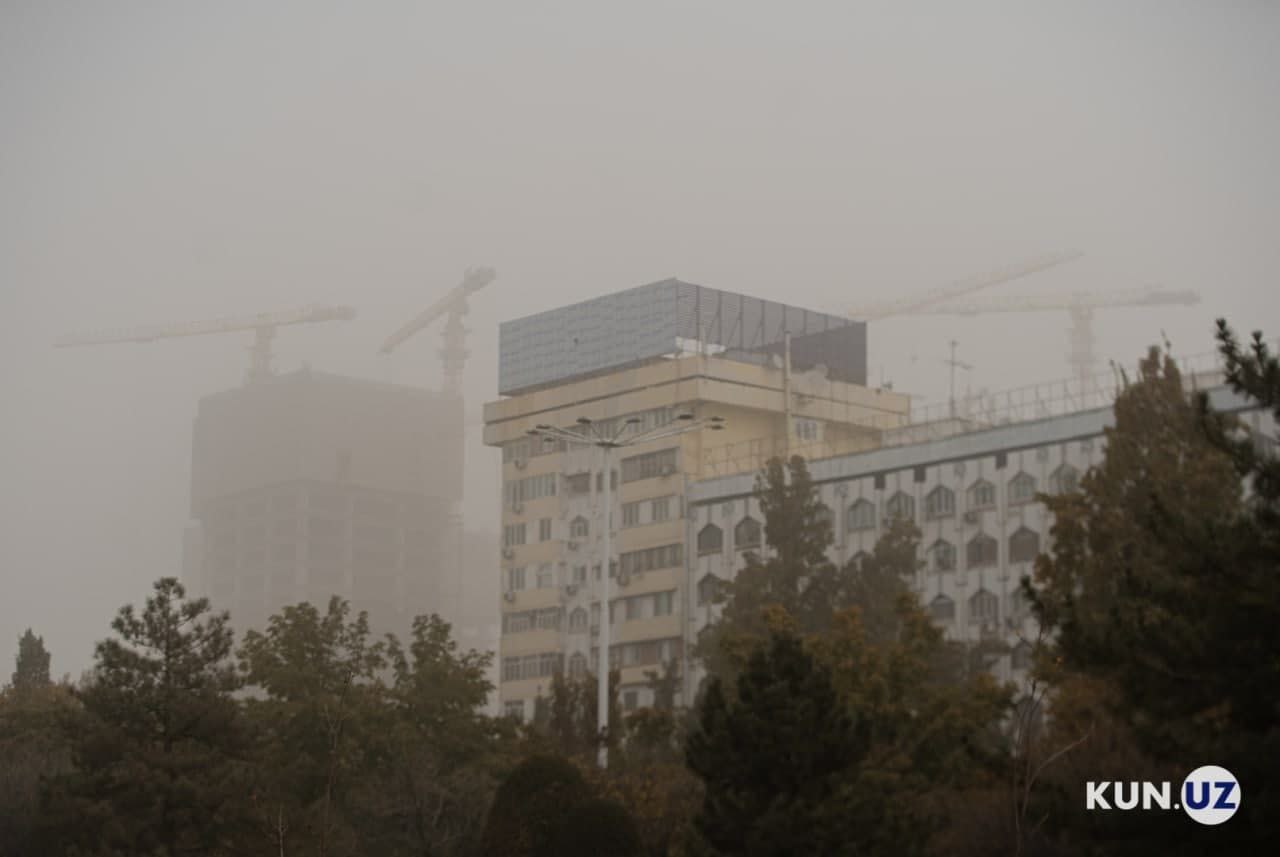
Фото: Kun.uz
The invisible foe, PM2.5, has the notorious capability of penetrating deep into lung passageways and even entering the bloodstream, raising alarm bells for public health. With such levels, the risk of respiratory diseases, cardiovascular problems, and exacerbated asthma becomes all too real, particularly for the young, elderly, and those with pre-existing health conditions.
This is not an issue to be taken lightly — air pollution poses a significant threat to Tashkent's collective well-being. The sources are manifold, from vehicle emissions and industrial activities to regional agricultural burning and atmospheric conditions that trap pollutants. As such, a multi-pronged strategy is imperative to confront this challenge head-on.
Sustainability experts advocate for a combination of short and long-term measures to combat air pollution. Investment in clean public transport, sustainable urban planning, strict industrial regulations, and raising public awareness about the importance of eco-friendly practices should be at the forefront of this crusade for cleaner air.
The current pollution scenario also highlights the need for real-time, accessible air quality data for all. With informed awareness, Tashkent's residents can take precautionary measures like using air purifiers, wearing masks, and limiting outdoor activities during high pollution periods.
It's not just about mitigation; it's also about adaptation — planting more trees, conserving green spaces, and promoting practices that reduce air pollution must become embedded in the city's culture.
The high PM2.5 levels serve as a stark reminder: the air we breathe is a fundamental part of our environment and our health. As Tashkent contends with the ongoing pollution crisis, the call to action rings clearer than ever — tangible measures, unwavering commitment, and collective responsibility are the keys to ensuring that the air in our city is not just an inhalable mixture, but a clean, life-sustaining gift.
Related News
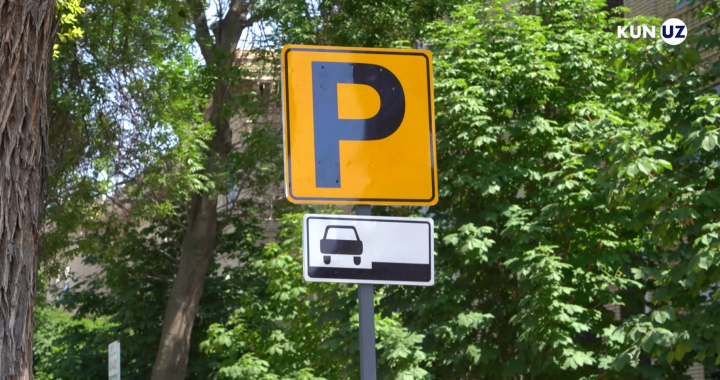
08:54 / 03.02.2026
Residents granted free nighttime parking under Tashkent’s new permit system
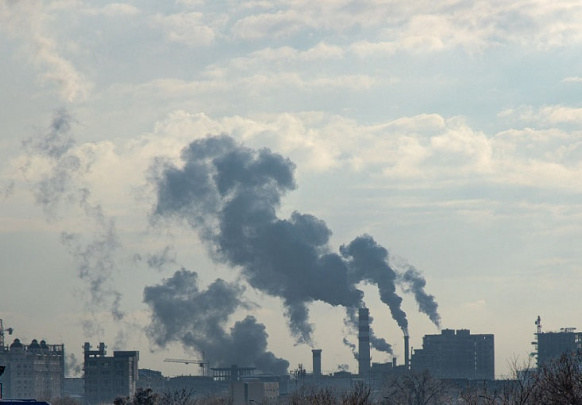
14:33 / 19.01.2026
Tashkent to relocate 87 polluting industrial facilities outside the city
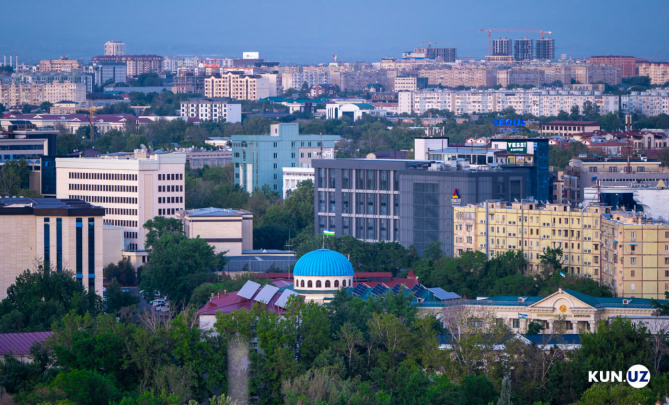
19:44 / 16.01.2026
Tashkent leads Central Asia in world’s safest cities ranking
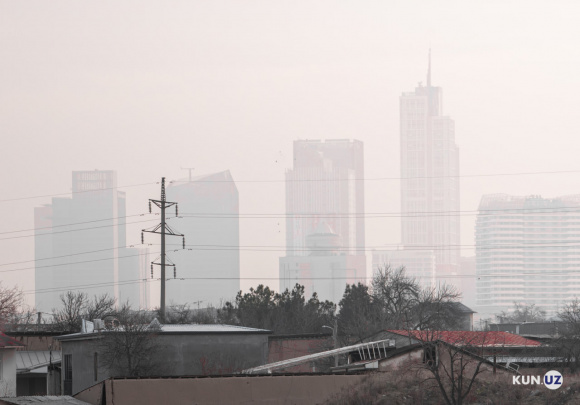
13:27 / 14.01.2026




